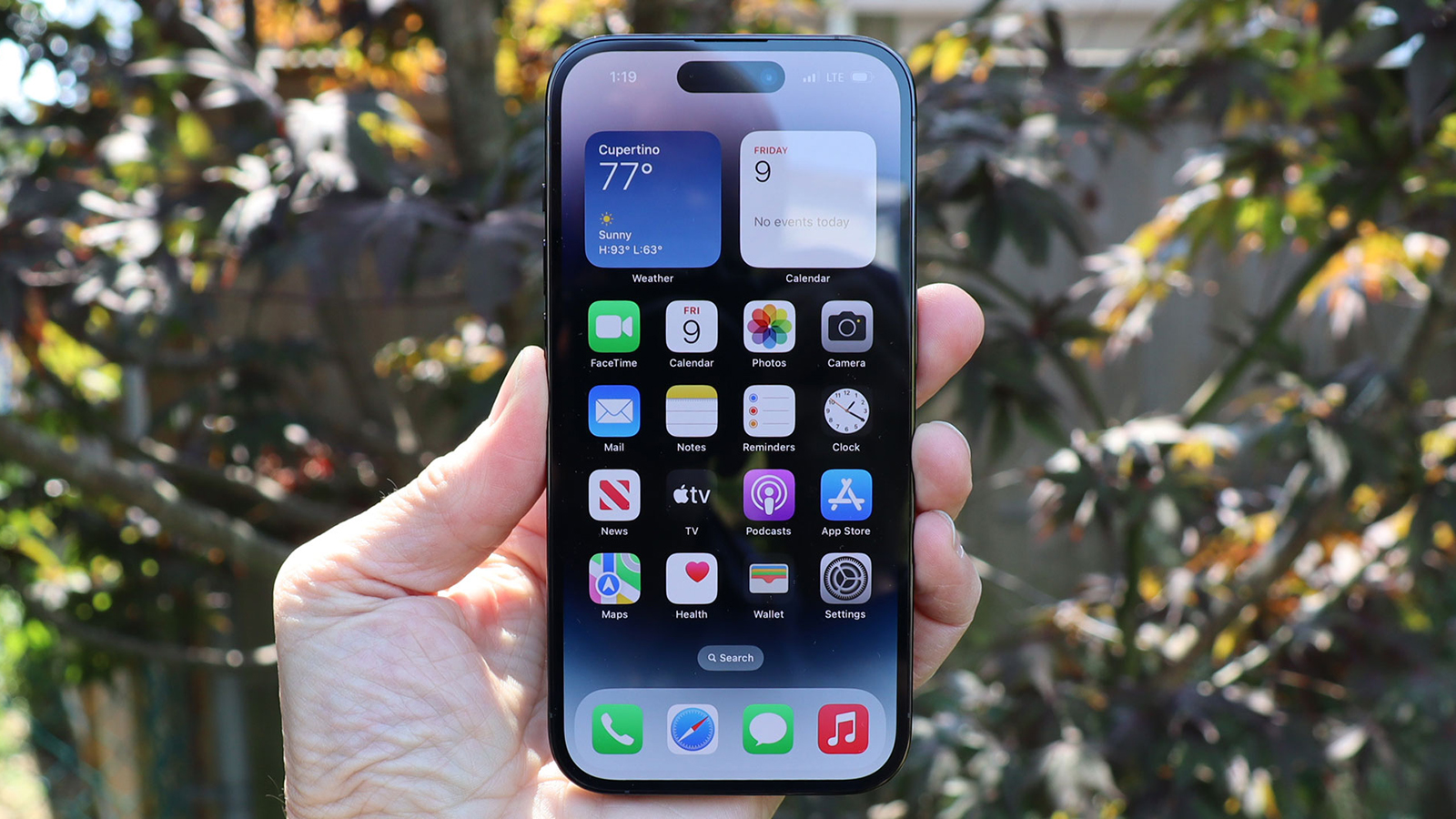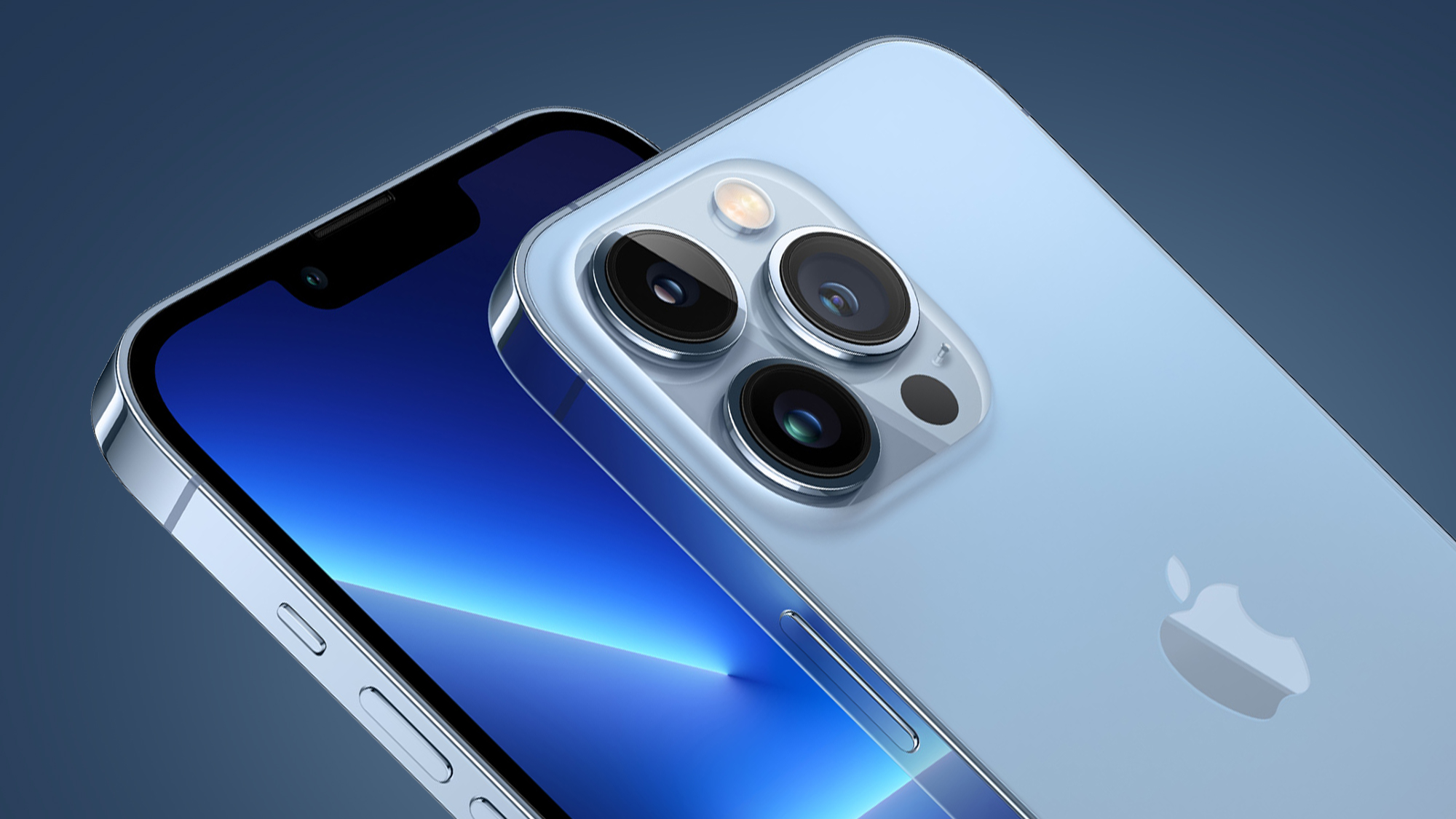A reason to skip the iPhone 15? The iPhone 16 could get a much brighter OLED screen
Apple’s 2024 iPhone could get MLA tech

Apple’s iPhone 15 lineup is tipped to launch on September 12 at the Apple September event, but we’ve just seen a reason to hold fire and wait for the iPhone 16.
The reason comes courtesy of The Elec and its sources who claim the iPhone 16 will use an MLA AMOLED display. Through the use of said Multi-Lens Array panel, next year’s iPhone could have increased light output, which would likely translate to a brighter screen that’s better at displaying colors and contrast.
As OLED-info points out, when MLA tech was applied to LG panels the company's TVs saw a 60% uptick in brightness, with viewing angles increased by 30%. However, in some cases MLA can reduce viewing angles.
And MLA could see an increase in the panel cost for future iPhones, which would likely mean an increase in overall cost as Apple has a tendency to pass on such costs to the consumer. Equally, we’re at least a year away from 2024’s iPhone family, and a lot can change in terms of panel tech and production in 12 months.
Do we need a brighter iPhone display?

While it took Apple a while to move to OLED displays, which it did with the iPhone 12, we eventually saw screens that could compete with some of the best Android phones out there. And now that Pro iPhones come with 120Hz adaptive refresh displays (which started with the iPhone 13 Pro), there’s an argument that iPhone screens are about as good as they can get with current OLED tech, especially when the iPhone 14 Pro Max can top out at 2,000 nits of brightness.
Samsung adopted MLA with its Ultra models of the Galaxy S series, and it’s hard to deny the Galaxy S23 Ultra’s display is nothing short of brilliant. But the gap between its screen and that of the iPhone 14 Pro Max isn’t huge; some may prefer the balance of Apple’s OLED color calibration to Samsung's.
That being said, the adoption of newer panel tech, especially by a company with the reach of Apple, would likely be a boon for all. It can help such technology become widespread and hopefully improved, alongside reducing manufacturing costs.
Get daily insight, inspiration and deals in your inbox
Sign up for breaking news, reviews, opinion, top tech deals, and more.
In the here and now, the debut of the iPhone 15, iPhone 15 Plus, iPhone 15 Pro and iPhone 15 Pro Max is around the corner, with the latter looking like the most compelling Apple phone and one worth getting excited about.
More iPhone 15 stories
- iPhone 15: what we know and all the latest rumors
- iPhone 15 Pro: everything we know so far
- iPhone 15 Pro Max: news, rumors and what we know
- iPhone 15 Plus: all the latest info
- How to watch Apple’s September event
- Apple's best iOS 17 features will make Android owners feel more left out than ever
- Apple's September Event name looks like a cryptic Apple Watch Ultra 2 reference
Roland Moore-Colyer is Managing Editor at TechRadar with a focus on phones and tablets, but a general interest in all things tech, especially those with a good story behind them. He can also be found writing about games, computers, and cars when the occasion arrives, and supports with the day-to-day running of TechRadar. When not at his desk Roland can be found wandering around London, often with a look of curiosity on his face and a nose for food markets.